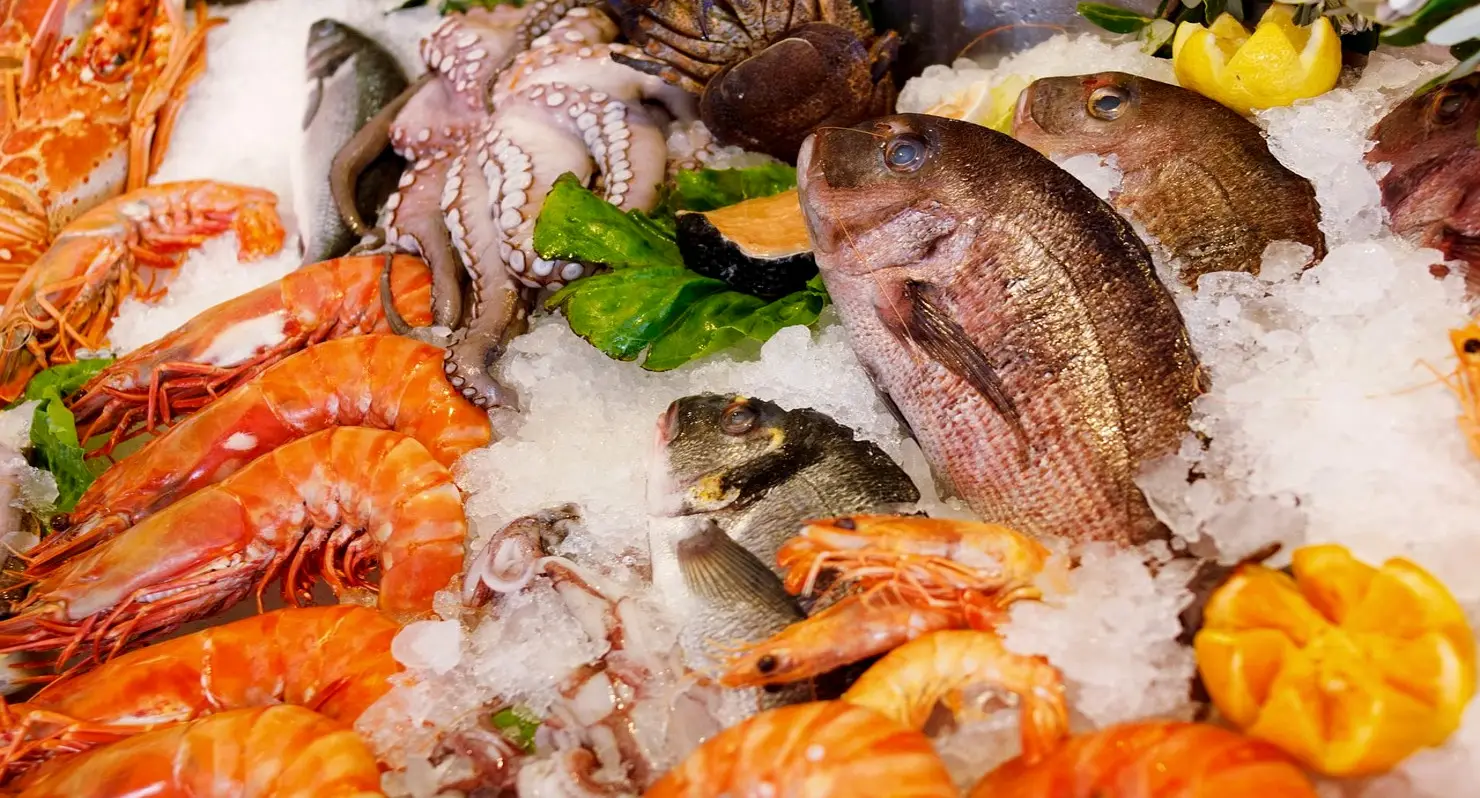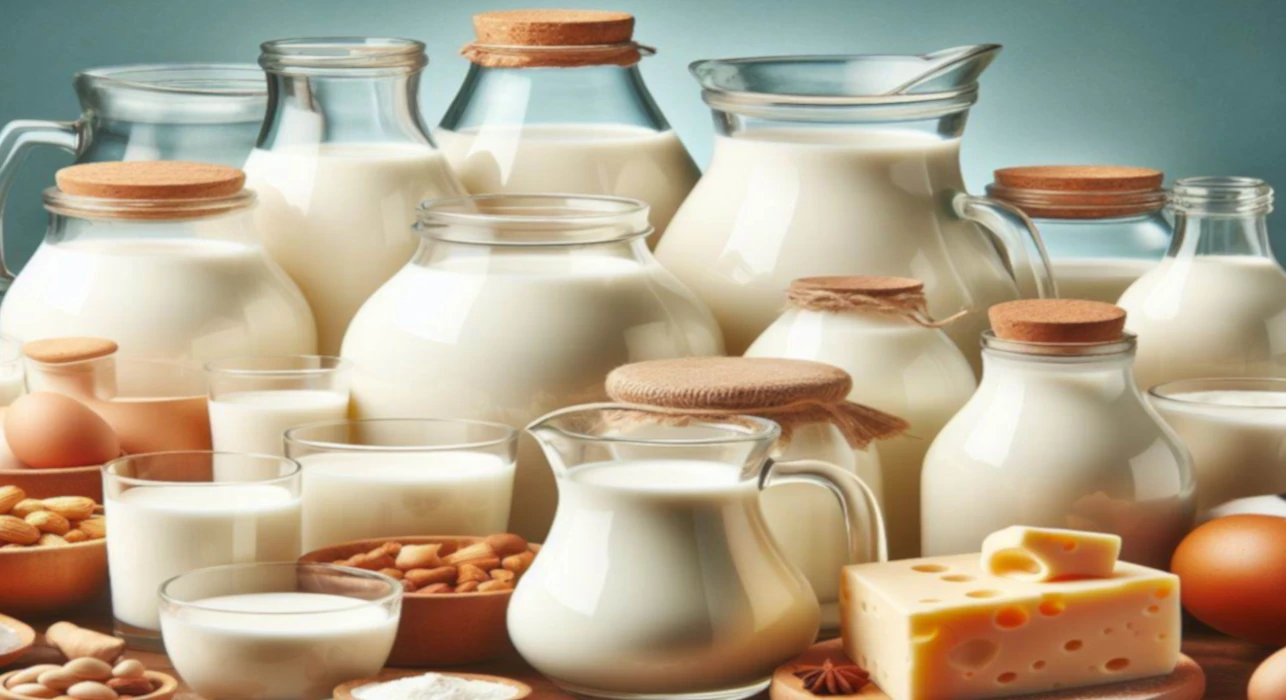Oysters Lysine and Arginine Info Sheet
Overview
Oysters are a type of bivalve mollusk that live in saltwater habitats. They have a hard shell and a soft, grayish flesh. They are often eaten raw, cooked, or smoked.Oysters are a delicacy that are rich in protein, zinc, iron, and vitamin B12.
They can help boost sexual health, immune function, and blood production.
However, they also contain cholesterol and may carry bacteria or toxins, which may cause food poisoning or allergic reactions.
| Name | Lysine (mg/100g) | Arginine (mg/100g) | Ratio |
|---|---|---|---|
| Oysters | 528.57mg | 515.48mg | 1.025 |
Oysters contains 528.57mg of Lysine and 515.48mg of Arginine per 100g of product.
This means Oysters has a neutral Lysine-Arginine ratio of 1.025.
Because Oysters has a neutral ratio of lysine and arginine, it does not have a significant impact on people who suffer from herpes, as it does not affect the viral activity.
Lysine Considerations
Lysine is an essential amino acid that helps build muscle, produce hormones, and support the immune system.
Oysters provide about 76% of the recommended daily intake of lysine for an adult.
It's one of the nine amino acids that the body can't produce, so it must be included in our diet.
Lysine has different roles in the body, such as aiding in growth, healing, energy production, immune function, and the production of collagen.
Research indicates that lysine may have an impact on the herpes virus, which is responsible for cold sores and genital sores.
Taking lysine supplements or using lysine cream could potentially prevent or treat these infections by working against the amino acid arginine, which the virus requires for growth.
Arginine Considerations
Arginine is a semi-essential amino acid that helps produce nitric oxide, a molecule that relaxes blood vessels and improves blood flow.
Oysters provide about 74% of the recommended daily intake of arginine for an adult.
Arginine has different functions in the body, including wound healing, helping the kidneys remove waste products from the body, and maintaining immune and hormone function.
Arginine also plays a role in the replication of the herpes virus, making it a key factor in cold sore outbreaks.
The herpes virus requires arginine to grow, replicate, and create new herpes viruses.
Foods a decent source of arginine, such as nuts and chocolate, may increase the frequency and severity of these outbreaks.
Lysine-Arginine Ratio
The lysine-arginine ratio is a measure of the balance between these two amino acids in a food.
A higher ratio means more lysine than arginine, which may be beneficial for preventing or treating viral infections, such as herpes simplex.
Oysters have a lysine-arginine ratio of 1.025, which is slightly higher than the average ratio of 1.0 for most foods.
The herpes simplex virus, which causes oral and genital herpes, needs arginine to multiply and infect cells.
Lysine, on the other hand, can interfere with the absorption of arginine in the intestine, and thus limit the availability of arginine for the virus.
By eating a diet higher in lysine than arginine, one may be able to prevent or treat herpes outbreaks.
Foods that have a high lysine-arginine ratio include dairy products, fish, poultry, fruits, and vegetables.
These foods can supply the body with sufficient lysine to compete with arginine and inhibit the virus from replicating and causing flare-ups.
Dietary Considerations
Like most animal products, seafood is a good source of lysine and scarce in arginine.
Eating seafood can help benefit the immune system and fight off herpes infections.
Seafood also contains iodine, selenium, and zinc, which are essential for thyroid function and skin health.
Oysters, shrimp, and snails are some of the seafood that have the highest lysine to arginine ratio.
Curiously, oysters are one of the few mollusks who are also known to contract the herpes virus, like humans.
Thankfully, the virus cannot be passed to a person through food, which means you do not have to worry about contracting herpes from consuming oysters.

For instance:
A diverse and nutritious diet that supports your immune system and fights inflammation is essential.
This means you should eat lots of fruits, vegetables, whole grains, lean protein, and healthy fats, and steer clear of processed foods, added sugars, alcohol, and caffeine, which can harm your health.
Make sure to drink plenty of water to keep yourself hydrated and eliminate toxins from your body.
Water can also help you avoid dryness and irritation of the skin and mucous membranes, which can lead to outbreaks.
You may want to take l-lysine supplements.
L-lysine is known to prevent herpes outbreaks and it can help stop a cold sore in its initial stages by "starving" the virus of arginine before it has a chance to cause a cold sore.
Taking other food supplements that can improve your immunity and protect your cells from oxidative stress, such as vitamin C, zinc, selenium, and antioxidants.
Try eating foods that can enhance your immune system and reduce inflammation to avoid outbreaks.
Some of these foods are honey, yogurt, aloe vera, and chamomile.
They can also help you with your symptoms by easing pain, swelling, and itching, and accelerating your recovery.
Check more food information






